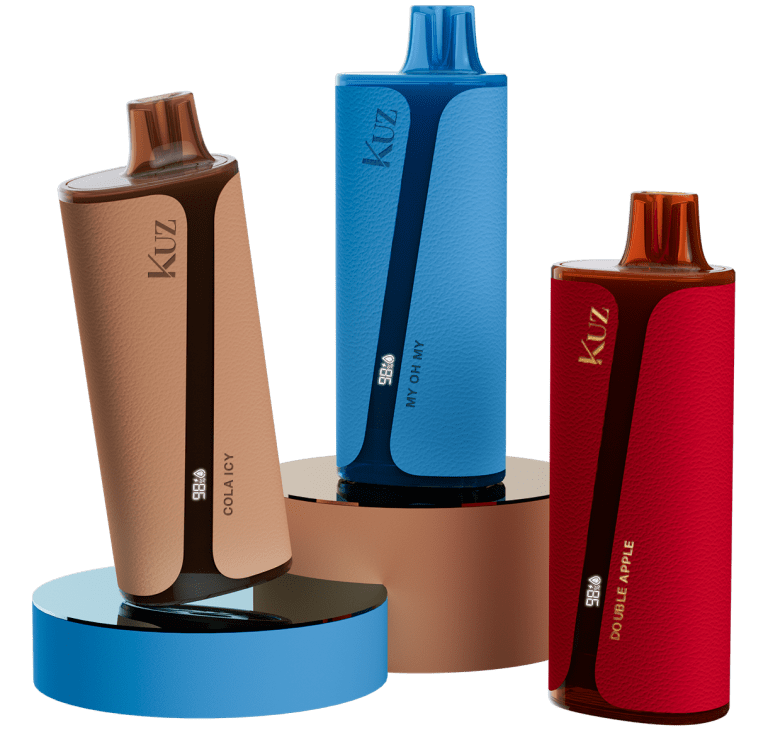In 2024, Iowa is poised to introduce one of the most stringent vaping regulations in the United States. The passage of House File 2677 (HF 2677) has sent shockwaves through the vaping community and small businesses alike. With Governor Kim Reynolds signing the bill into law, this legislation is set to reshape the vaping landscape in the state, potentially leading to a de facto ban on most vaping products.
The Core of HF 2677
The crux of the new law revolves around the creation of a PMTA (Premarket Tobacco Application) registry. This registry will list all products that can be legally sold in Iowa, effective October 1, 2024. To be included, products must meet several stringent criteria: they must have been on the market by August 8, 2016, and have a PMTA submitted to the FDA by September 9, 2020. The list of allowed products will be limited, as many newer products, especially those containing synthetic nicotine, will not meet these requirements.
The Impact on Vapers and Retailers
For vapers, this law could drastically limit the availability of products. With the ban targeting many popular and newer vape products, the choices for consumers in Iowa will be severely restricted. Retailers, particularly small vape shops, are expected to suffer the most. The requirement to register each product at an annual cost of $100, combined with the fines for non-compliance, could drive many out of business. The law has been criticized for potentially pushing consumers towards illegal channels to obtain their preferred vaping products, undermining the state’s goal of regulating vaping more effectively.
Opposition and Controversy
The opposition to HF 2677 is as diverse as it is vocal. Surprisingly, both vape shops and healthcare organizations have found common ground in their disapproval of the bill. Vape shop owners argue that the law will devastate their businesses, eliminating up to 99% of the products they offer. Healthcare organizations, while typically supportive of strict regulations on vaping, express concerns that this law may not effectively reduce vaping rates among youth and could inadvertently drive vapers back to smoking traditional cigarettes.
Critics also argue that the bill primarily serves the interests of big tobacco companies, which have the resources to comply with the stringent requirements, unlike smaller independent businesses. The legislation is seen by some as an extension of federal anti-vaping efforts, with the state of Iowa acting as an enforcer for the FDA’s controversial regulations.
What’s Next for Iowa’s Vaping Community?
As the October 1, 2024, deadline approaches, both retailers and consumers are left in a state of uncertainty. While some may try to adapt by shifting to the limited range of products allowed under the new law, others might look for alternative means, including purchasing from out-of-state or even black-market sources.
The full impact of HF 2677 will only become clear as the law takes effect and enforcement begins. For now, it marks a significant moment in the ongoing battle over vaping regulation in the United States, with Iowa at the forefront of this contentious issue.
Conclusion
Iowa’s 2024 vape legislation under HF 2677 represents a major shift in the regulation of vaping products. While aimed at controlling the market and reducing youth access to vaping, it raises significant concerns about its impact on consumers and small businesses. As the state prepares for the law’s implementation, the debate over its effectiveness and fairness is sure to continue, both in Iowa and beyond.



